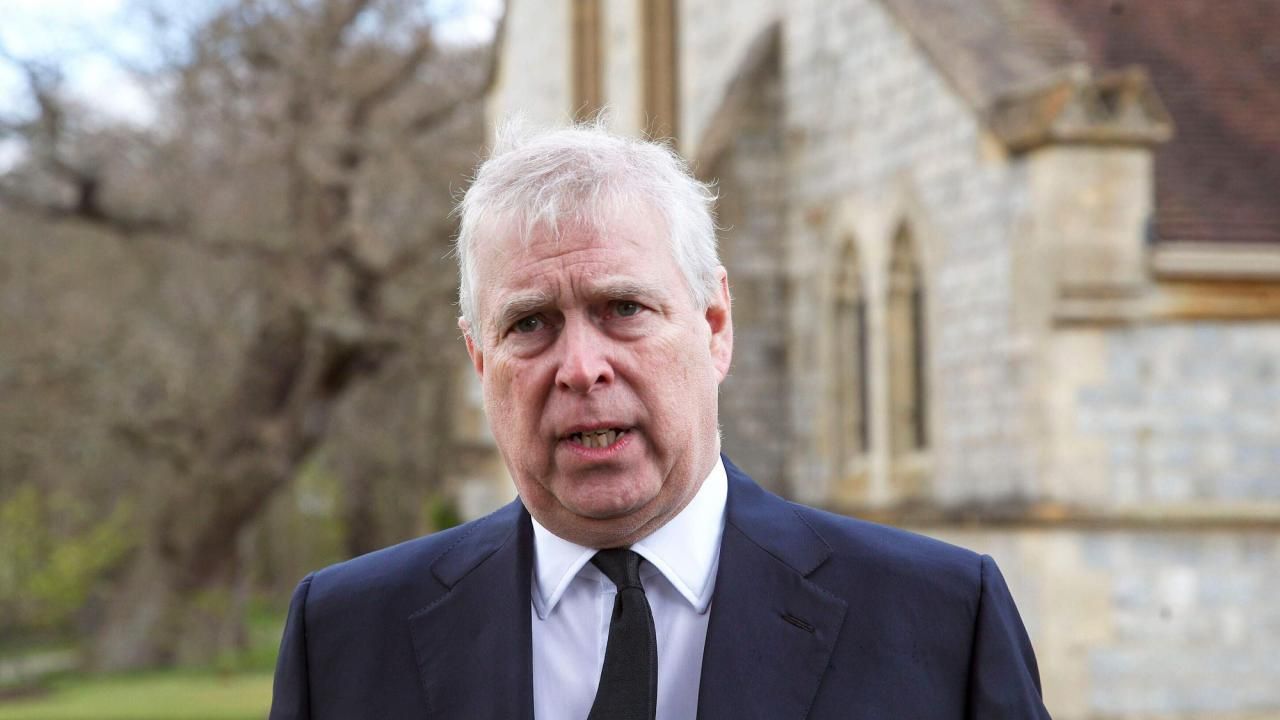
Garage Doors and Parts – Prince Andrew faces the most devastating moment of his royal life after King Charles decided to officially strip him of his princely status and remove him from the Royal Lodge, where he had lived for more than two decades. The shocking decision marks a turning point in the monarchy’s long struggle to contain the fallout from Andrew’s controversial ties to the late Jeffrey Epstein. The 65-year-old former prince now prepares to move into exile on a quiet countryside estate, a far cry from the luxury and prominence he once enjoyed.
Buckingham Palace’s abrupt announcement confirmed that the move was the King’s personal decision, signaling both a familial and institutional reckoning. With renewed outrage fueled by his accuser’s posthumous memoir, public and political pressure forced Charles to act. The British monarchy has not seen such a dramatic internal rift since the abdication crisis of 1936, making this moment one of historic proportions.
The sudden removal of Prince Andrew from royal status caught even seasoned royal watchers by surprise. Weeks of speculation about his future turned into reality when Buckingham Palace declared that Andrew would no longer hold the title of prince. This announcement came only two weeks after he relinquished his honors and titles, citing loyalty to his family and country. Yet the gesture failed to calm the public’s anger over his longstanding controversies. The King’s action reflected growing frustration within royal circles that Andrew’s issues had overshadowed the institution’s reputation. Royal historian Kate Williams called the move unprecedented and compared it to past royal demotions in British history. For King Charles, it was both a deeply personal and necessary act of leadership. By removing Andrew’s titles, the King attempted to draw a clear line between his reign and the scandals that continue to haunt the royal household.
Across the United Kingdom, reactions to King Charles’s decision poured in from politicians, commentators, and historians alike. Conservative leader Kemi Badenoch praised the King for acting decisively but acknowledged that it must have been emotionally painful to take action against his own brother. Liberal Democrat officials echoed the sentiment, describing the move as vital to restoring trust in national institutions. Many see the expulsion of Prince Andrew as a step toward modernizing the monarchy’s accountability, though critics argue it does not go far enough. Royal experts pointed out that Charles had the full backing of Prince William and other family members, highlighting a united royal front. The move also prevented further public embarrassment, as parliamentary figures had begun calling for Andrew to testify regarding his alleged connections with Epstein. By acting swiftly, the King may have spared the royal family a more damaging political confrontation.
The British public remains sharply divided over how much redemption, if any, Prince Andrew deserves. While some citizens support King Charles’s decision as long overdue, others argue that symbolic gestures cannot erase years of scandal. The anti-monarchy group Republic called the decision insufficient, demanding that Andrew face legal accountability to prove the royals are not above the law. Online forums and newspapers buzzed with commentary, with many questioning whether the monarchy can fully recover its moral standing. Despite being stripped of his royal title, Andrew remains eighth in line to the throne, an uncomfortable reminder of his lingering connection to royal power. Meanwhile, political analysts believe Charles’s actions were aimed at protecting the institution rather than punishing his brother. As debate intensifies, the royal family finds itself balancing centuries of tradition against the demands for transparency and justice in a modern Britain.
Following the announcement, Prince Andrew began preparations to vacate Royal Lodge, the Windsor estate mansion he had called home for over twenty years. Reports indicate he will move into a smaller residence on King Charles’s private estate in Sandringham. His ex-wife Sarah Ferguson, who had lived with him for two decades, is also leaving the property and making independent arrangements. Their daughters, Princess Beatrice and Princess Eugenie, will retain their titles under rules established by King George V in 1917. While Andrew will receive financial support from his brother, his future role remains uncertain. Insiders suggest that Andrew plans to live a quiet, secluded life away from public attention. For now, his presence at future royal events remains doubtful. Many see this as the closing chapter of his public life, one defined by scandal, regret, and the painful fall from royal grace.
This article is sourced from cnn and for more details you can read at garage-doors-and-parts.org
Writer: Sarah Azhari
Editor: Anisa
This website uses cookies.